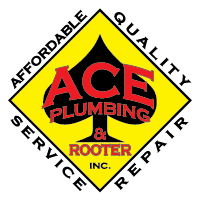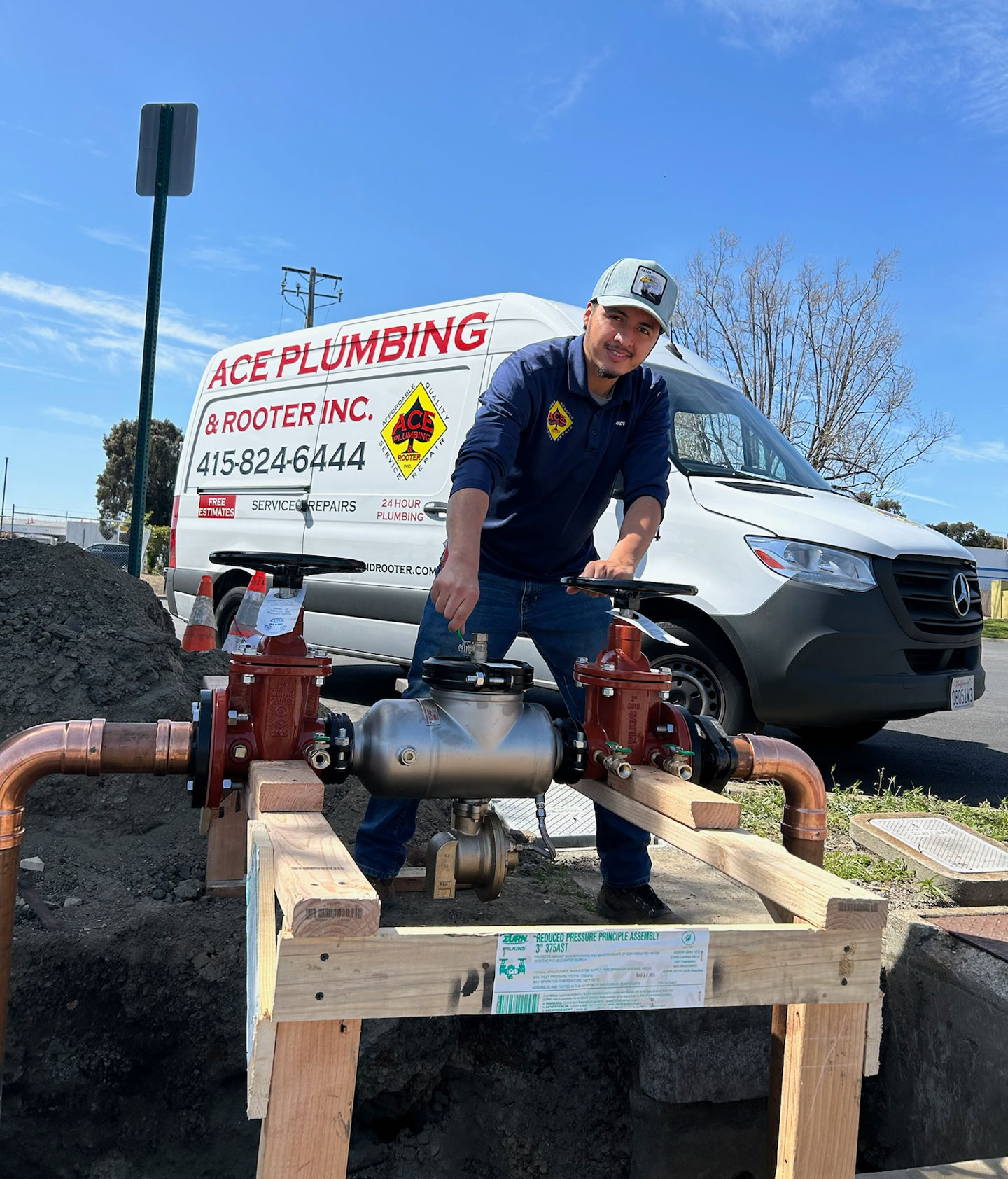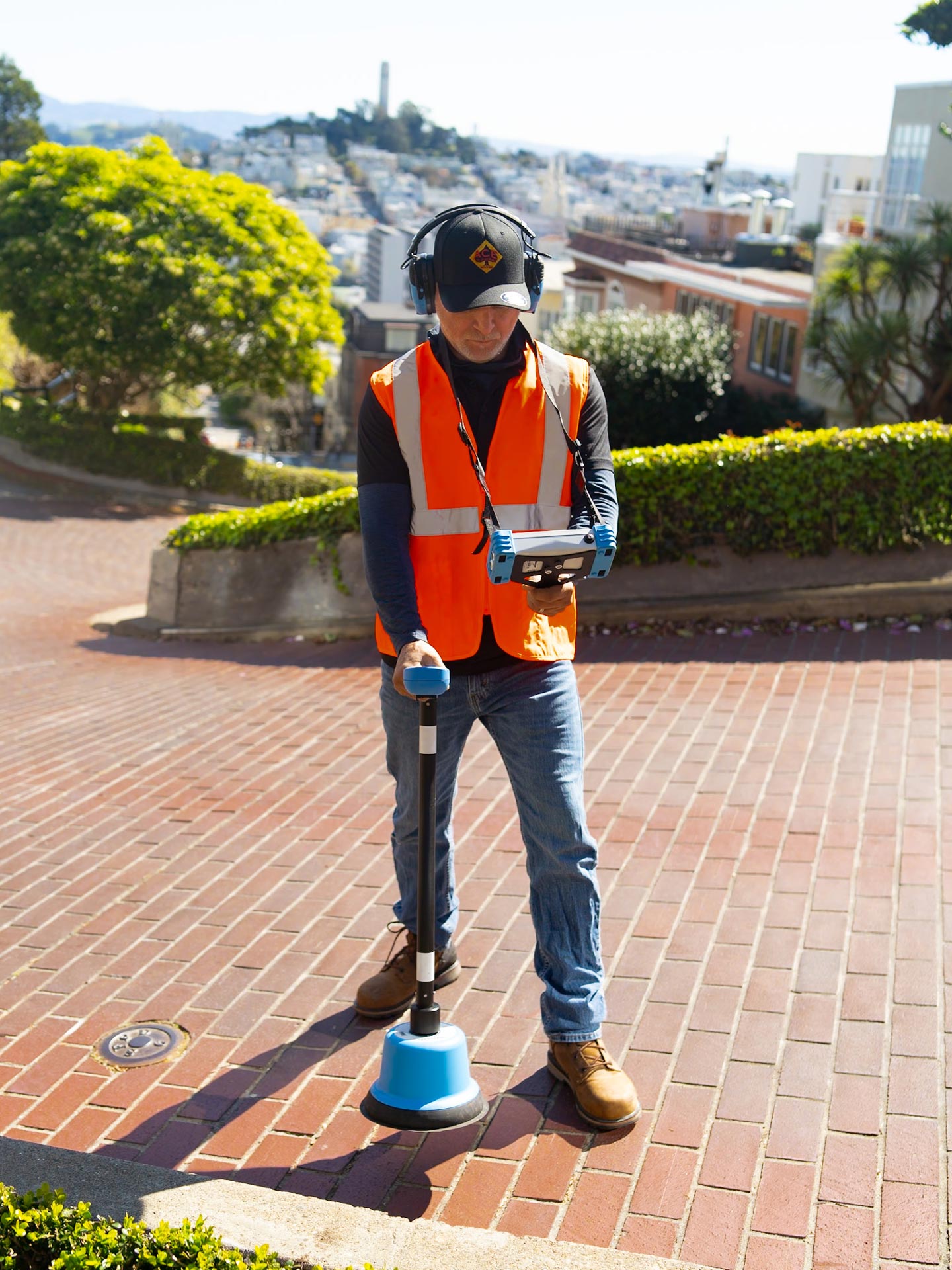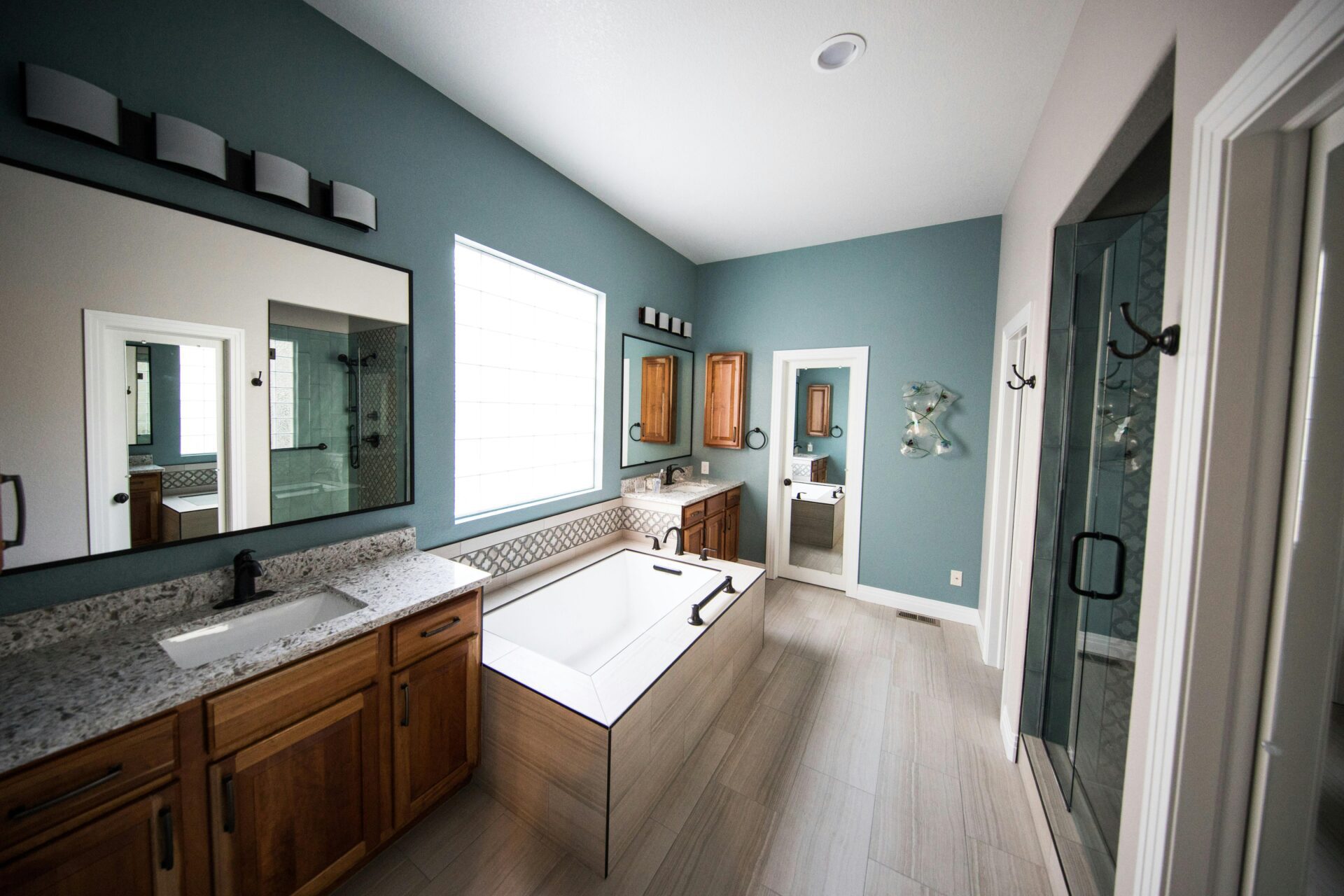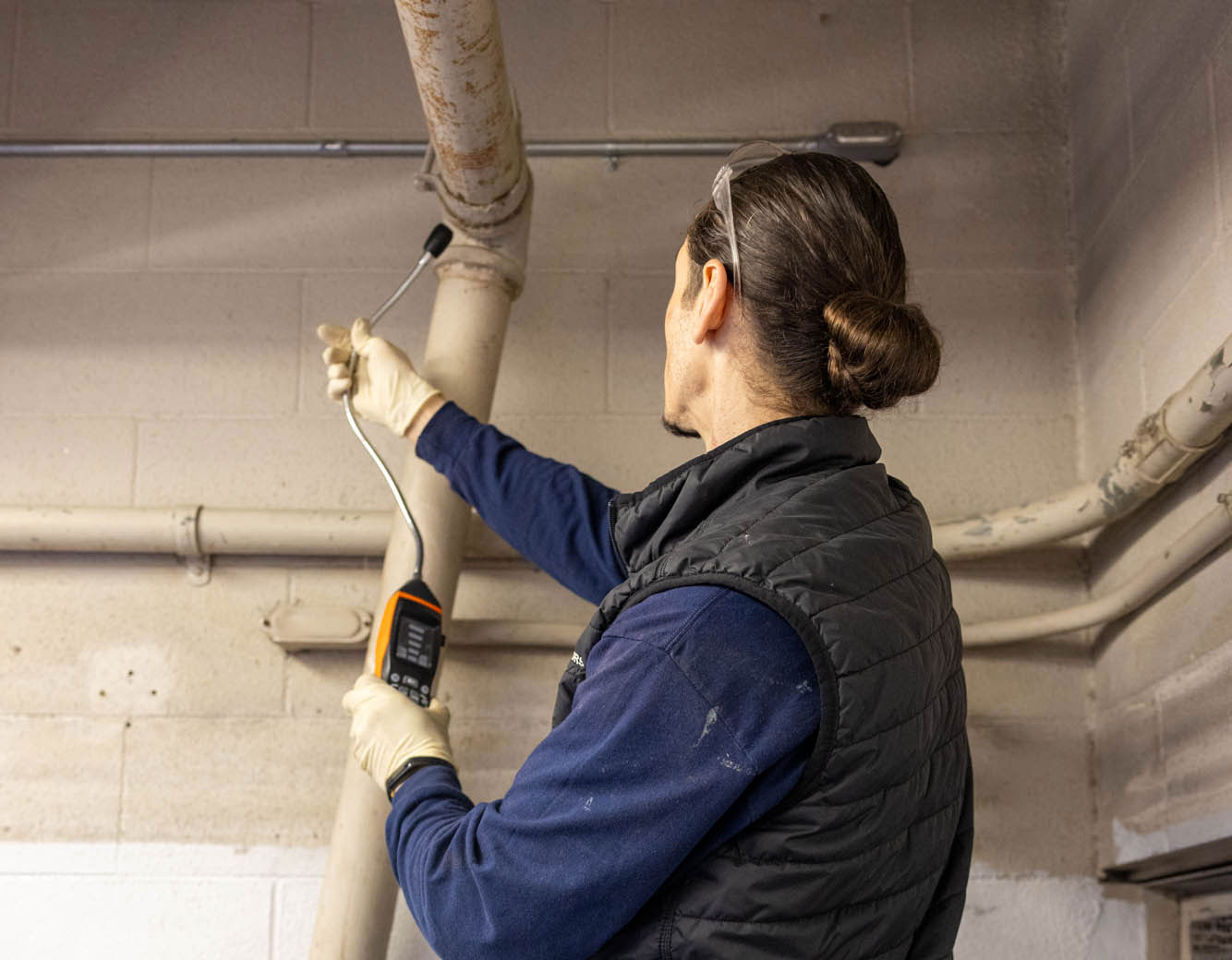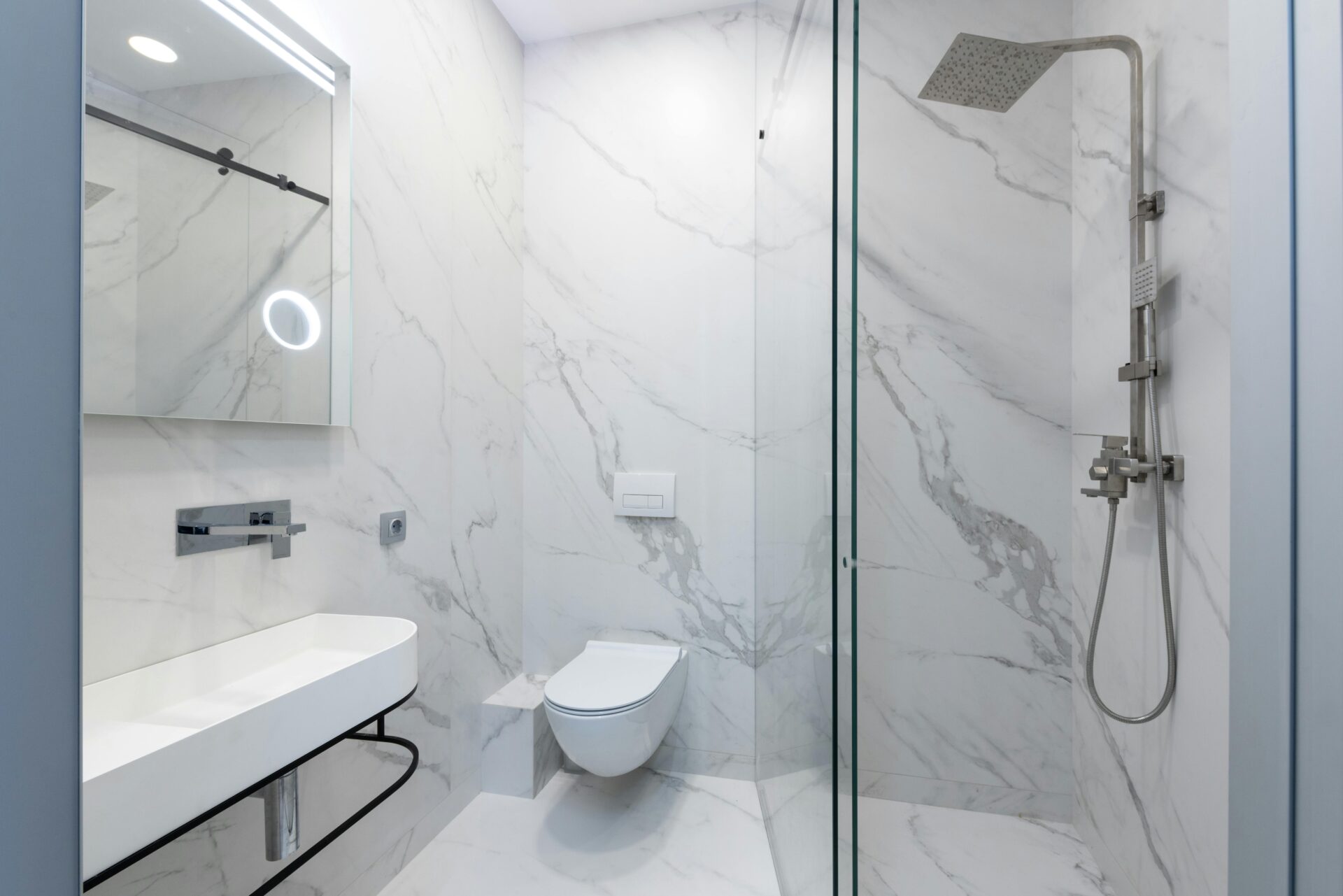Are you facing a plumbing emergency and don’t know what to do? Having a plumbing issue can be incredibly stressful, time consuming and costly. That’s why it’s important to be aware of the steps you should take in case of an emergency. We will cover all the information you need to handle your plumbing emergency so that it doesn’t spiral out of control. From being familiar with preventative maintenance techniques that may avoid possible disasters to knowing who to call for professional help, follow along as we guide you through to best navigate your household plumbing emergencies!
Understanding What Qualifies as a Plumbing Emergency
As a homeowner, it’s important to have a basic understanding of plumbing emergencies and how to handle them. A plumbing emergency is any issue that requires immediate attention to prevent damage to your home or property. These emergencies can range from burst pipes and overflowing toilets to major leaks and sewer backups.
The first step in handling a plumbing emergency is recognizing when it’s occurring. Some common signs of a plumbing emergency include:
-
- Water gushing or flooding from pipes
-
- Sewage smells in your home
-
- No water coming out of faucets
-
- A sudden drop in water pressure
-
- A burst or leaking pipe
If you notice any of these signs, it’s important to act quickly to prevent further damage.
How to Shut Off the Water in a Plumbing Emergency
In the event of a plumbing emergency, it’s crucial to know how to shut off your home’s main water supply. This will help minimize any potential damage and give you time to call a professional plumber for assistance.
To shut off the water, you’ll need to locate your home’s main water valve. This is typically located outdoors near the street or inside your home near the water meter. Once you’ve found the valve, turn it clockwise to shut off the water supply.
Taking some time to familiarize yourself as to where this valve is in your home will be beneficial in allowing you to act quickly in a plumbing emergency.
Common Causes of Plumbing Emergencies
Understanding the common causes of plumbing emergencies can help you prevent them from happening in your home. Some of the most common causes include:
-
- Clogged drains or pipes: These can lead to backups and overflows, causing damage to your home.
-
- Tree roots: Tree roots can grow into pipes and cause blockages, leading to leaks and bursts.
-
- Frozen pipes: In colder climates, frozen pipes can burst and cause flooding when they thaw.
-
- Old or damaged pipes: Over time, pipes can wear out, corrode, and become damaged, leading to leaks and bursts.
When to Call a Professional Plumber for Help In an Emergency
While some plumbing emergencies can be handled by homeowners, it’s important to know when to call a professional plumber for help. If you’re unable to shut off the water or if the situation is out of your control, it’s best to call a plumber right away.
Other signs that you need professional assistance include:
-
- The issue involves gas lines or electrical components
-
- You don’t have the necessary tools or knowledge to fix the problem
-
- The emergency occurs outside of regular business hours
Don’t hesitate to call a professional plumber for help in these situations, as they have the expertise and equipment needed to handle any plumbing emergency.
Tips for Preventing Plumbing Disasters
While plumbing emergencies can happen unexpectedly, there are steps you can take to prevent them from happening in the first place. Here are some tips for preventing plumbing disasters:
-
- Regularly check for leaks and fix them promptly
-
- Keep drains clear by avoiding putting grease, food scraps, and other debris down your sinks
-
- Insulate pipes in colder climates to prevent freezing
-
- Trim tree roots regularly if they’re near your plumbing lines
By taking these preventive measures, you can reduce the risk of a plumbing emergency occurring in your home.
With all of this in mind, it’s important to know that plumbing emergencies can arise at any time. That’s why you should call a plumber as soon as you notice something wrong and take steps to prevent issues from arising in the future. Regular maintenance is key, with inspection of pipes, drains, and leaks every few months. Also consider investing in tools that will help you detect and possibly fix minor plumbing issues before they become major ones. By taking the necessary precautions and calling a professional when necessary, you can help protect your home and keep its plumbing system functioning safely for years to come – hopefully with very few plumbing emergencies!
